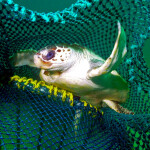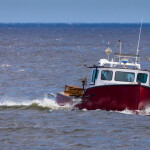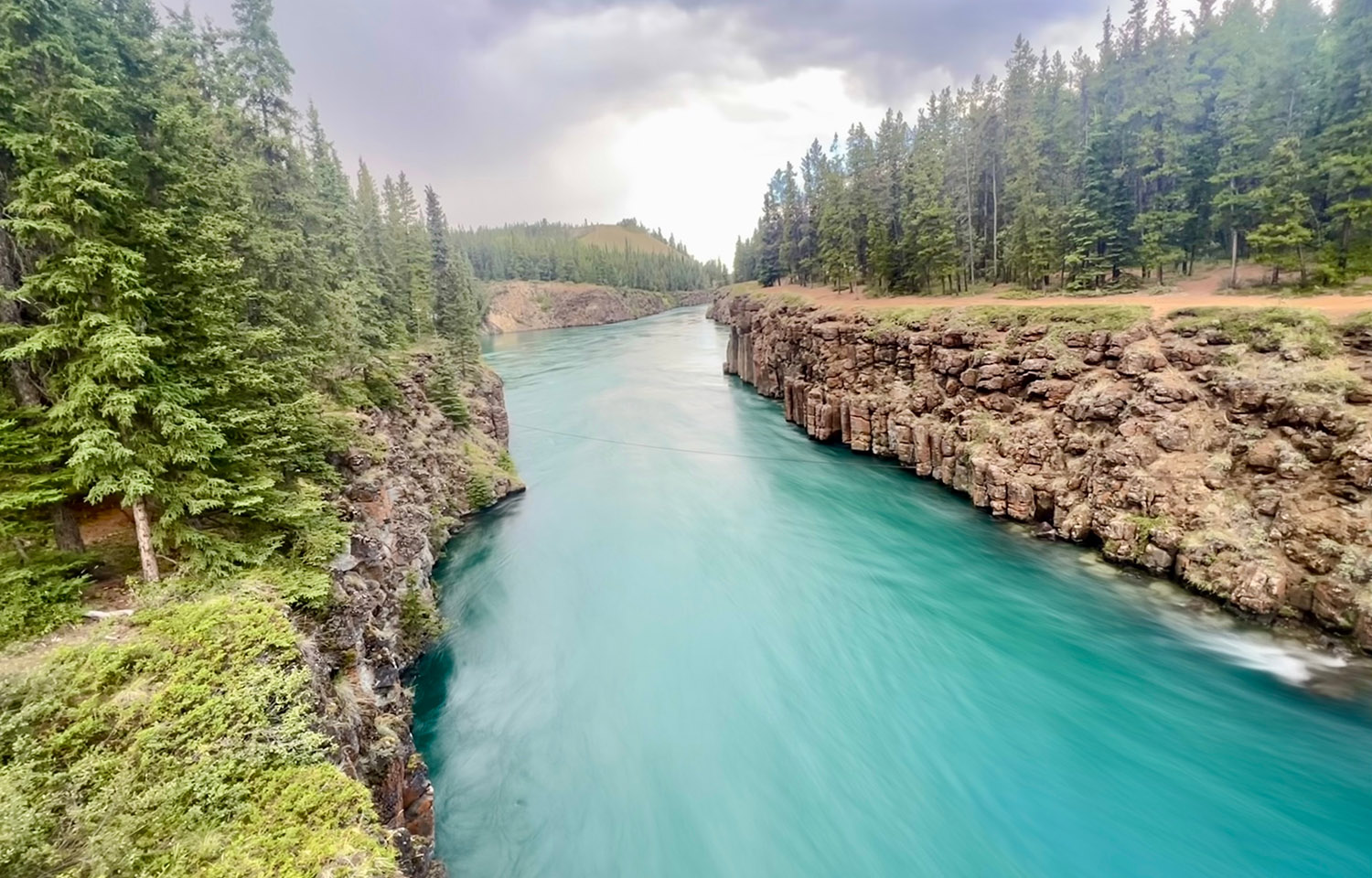Alaskan politicians want U.S. President Joe Biden to take “unified action” to protect Alaskan communities, rivers, and salmon populations from Canadian mining activities following a major mining failure that occurred earlier this summer.
While Alaskan lawmakers have called on the federal government to take action on Canadian mining for years, their concerns have again risen to the forefront after a major mining failure took place at the Eagle Gold Mine in Yukon, Canada, in June. According to the Canadian government, a mechanical failure at the Eagle Gold Mine resulted in the dumping of cyanide and other contaminants into the local environment, potentially threatening the health of downstream fish populations.
“The heap leach failure at Victoria Gold Corporation’s Eagle Gold mine has the potential for significant environmental impacts, and Yukoners across the territory are justly concerned about what this means to the land, water, animals, economy, and the way of life for Yukoners now and for generations to come,” Minister of Energy, Mines, and Resources John Streicker said in July.
The Yukon government claims that dead fish found in the area were killed by cyanide from the spill, although the head of Toronto-based Victoria Gold Corp. – which owns Eagle Gold Mine – disputed those claims to the Canadian Broadcasting Corporation.
The Victoria Gold Corp. was placed in receivership in August by the Yukon government over concerns that the company was not acting quickly enough to contain and correct the environmental damage. The court placed accounting firm PricewaterhouseCoopers in charge of the company’s finances throughout the Eagle Mine cleanup effort.
“The Government of Yukon has lost confidence in the management team of Victoria Gold Corporation to take the human health and safety and environmental consequences of the 24 June 2024 heap leach facility failure seriously or to respond with the urgency the situation demands,” Minister of Justice and Attorney General Tracy-Anne McPhee said 14 August.
Despite the ongoing cleanup, the Yukon government is optimistic that mining activities will eventually resume at the Eagle Mine site.
The failure has reignited concerns in Alaska, though, about the impact of Canadian mining activities on downstream communities and fish.
“We are only now beginning to understand the true scale of the environmental impacts, and each update is more discouraging than the last,” Alaskan legislators said in a joint letter to Biden. “While we await further updates on the developing situation and work with the State of Alaska on potential downstream effects in the Yukon River, we are even more determined to ensure adequate protections are in place for all our transboundary watersheds.”
The lawmakers specifically want to see the administration take two actions. First, the delegation wants the federal government to publicly call on Canada to clean up the abandoned Tulsequah Chief mine, which they say has been polluting international waters for nearly 70 years. Second, the delegation wants the establishment of an international framework that can resolve disputes over transboundary waters.
“Over the last 10 years, our delegation has remained steadfast in our efforts to defend Alaskan interests by securing funding through the federal appropriations process for water quality monitoring on transboundary rivers, urging funding restrictions for Canadian projects,” the delegation stated.
Salmon Beyond Borders, a group dedicated to protecting Alaska salmon from Canadian mining activities, praised the lawmakers’ letter.
“The recent cyanide disaster and fish kills at Canada’s Eagle gold mine in the Yukon watershed, [as well as] the 10th anniversary of the massive mine waste dam failure at Canada’s Mount Polley mine in B.C., make clear that Tribes and Alaskans need seats at the table when it comes to shaping the future of our shared wild salmon rivers,” Salmon Beyond Borders Director Breanna Walker said. “The Alaska Congressional delegation, dozens of Alaska Tribes and municipalities, and thousands of Alaskans have been making this request of three different U.S. presidents, all while Canada’s failure-prone acid mine problem over our border grows.”
There has been some progress made on cross-border collaboration for salmon protection and recovery.
In April, the Alaska Department of Fish and Game and the Department of Fisheries and Oceans Canada signed a seven-year agreement to rebuild king salmon stocks in the Yukon River drainage. As part of the agreement, the governments have suspended all commercial, sport, domestic, and personal use king salmon fisheries along the Yukon River and its Canadian tributaries.








